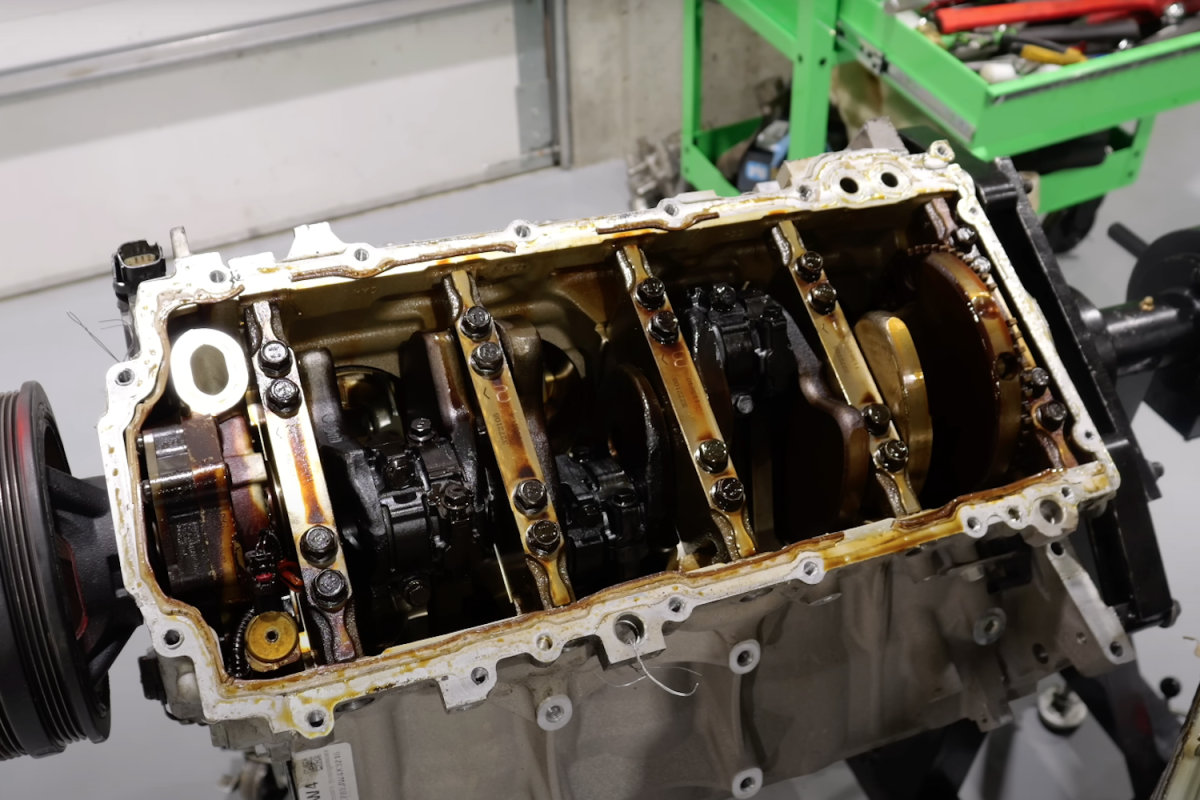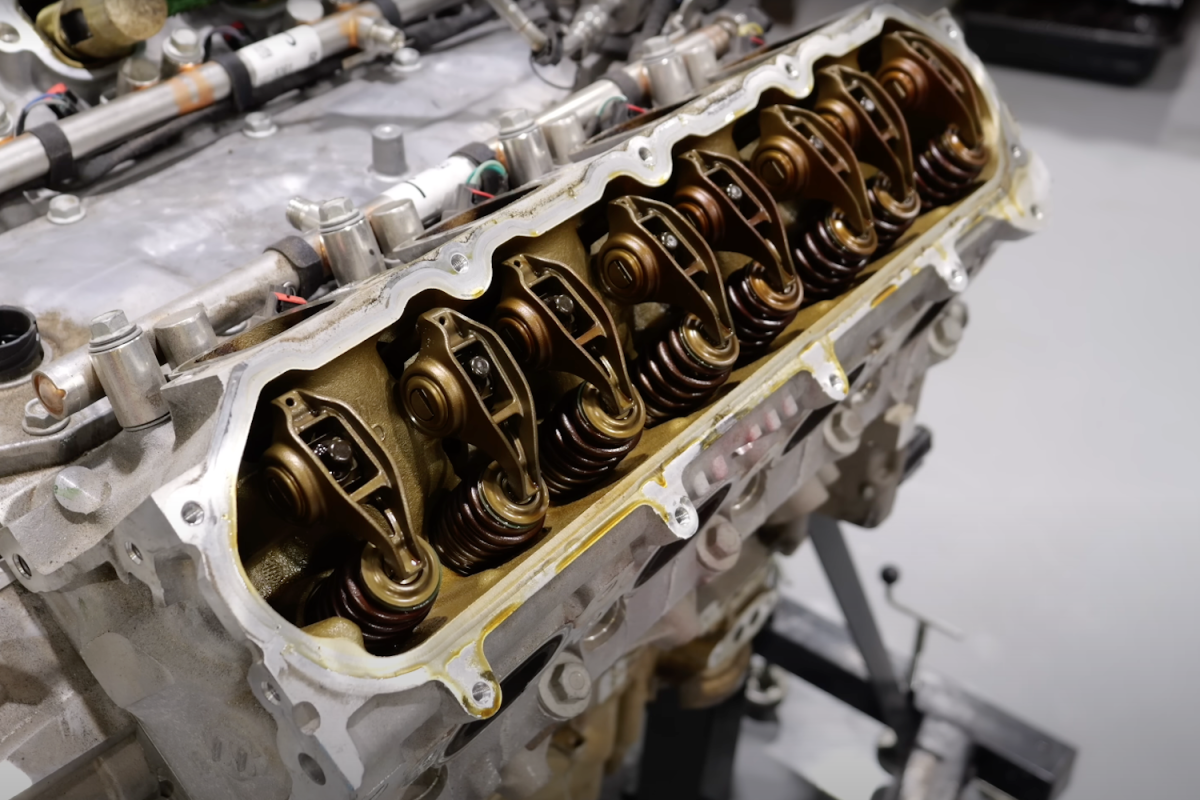GM’s Engine Troubles

It seems like GM is kicking off 2025 with some pretty hefty challenges on their plate. The National Highway Traffic Safety Administration (NHTSA) has turned the spotlight on their popular 6.2-liter L87 V8 engine. This investigation has put a whopping 877,710 of their full-size trucks and SUVs under scrutiny. It’s all coming off of several complaints about engine failures, which prompted a major recall and even a stop-sale order across the board.
The failures aren’t small potatoes either. Some drivers have had their engines give out while cruising down the highway, just a few miles into their ride. It’s definitely not what anyone wants to deal with on their daily commute or road trip.
Vehicles in Hot Water

Among the affected vehicles are some pretty familiar names. The Chevrolet Silverado 1500, Tahoe, and Suburban are on the list. Joining them are Cadillac’s Escalade and its big brother, the Escalade ESV. Not to be left out, GM’s GMC Yukon and Yukon XL, alongside the Sierra 1500, also made the cut. Models from 2021 to 2024, all equipped with this V8, are being called out for the parade. However, GM is still nailing down the exact glitch, only indicating that there might be some manufacturing hiccups with the connecting rod or crankshaft.
Peeking Under the Hood

For a closer look inside the chaos, an internet gearhead who goes by “I Do Cars” got their hands on one of these troubled engines, straight from a 2022 GMC Yukon Denali. Spoiler alert: the inside isn’t a pretty sight. They started a teardown, diving right into the guts of the issue.
Although they began with some hope – the engine still cranked by hand, suggesting nothing was seized – it spiraled downhill quickly. Pushrods showed wear-and-tear, while the lifters had their fair share of debris exposure. One in particular was in rough shape.
Under the Engine’s Skin
The real story unraveled further once the oil pan came off. The oil inside was black as coal—a sign of serious overheating and degradation. Every single connecting rod was shot, and there was damage scattered all around. The camshaft had a chunk missing, and it looked like the crankshaft had been dancing too close to the block.
This level of wear and tear isn’t exactly what one expects from a modern V8 and backs up GM’s mention of crankshaft and connecting rod problems. The meltdown seems gradual, unlike other sudden engine fails reported. It’s likely the driver missed—or ignored—the early red flags.
GM’s Solution: The Recall
To tackle this, GM’s rolled out a fix for engines that haven’t quite bitten the dust yet. They’re swapping out the oil to a thicker 0W-40 viscosity, moving from the previous 0W-20, to provide better protection under operating conditions. They’re also throwing in a new oil filter and oil fill cap to match the change, while failed engines are getting replaced altogether.
However, not all owners are thrilled about this workaround. Some are pushing back, claiming this higher viscosity oil might put a dent in fuel efficiency. A lawsuit has popped up, arguing that car owners face a tough choice: stick with the status quo and risk a blowup, or opt for the recall and potentially pay more at the pump. For GM, finding a satisfactory middle ground seems to be an unfolding dilemma.
Hyundai's Truck Plans
2026 BMW M2 CS Unveiled
BMW's Italian Touch
Alpine Unleashes A390
Zoox Recalls Robotaxis